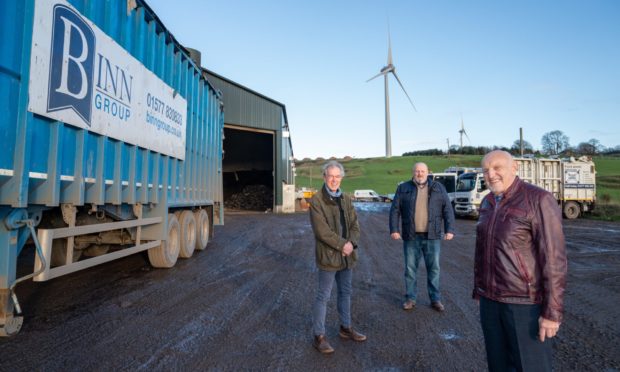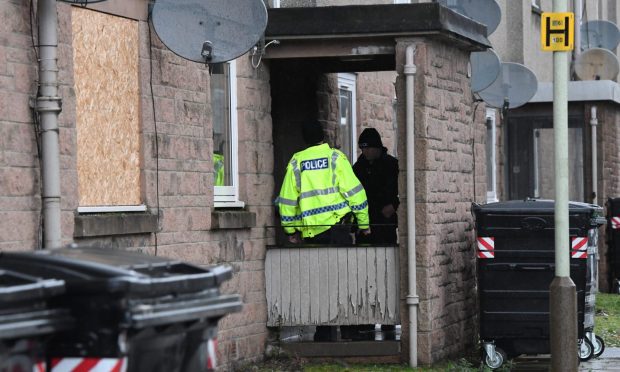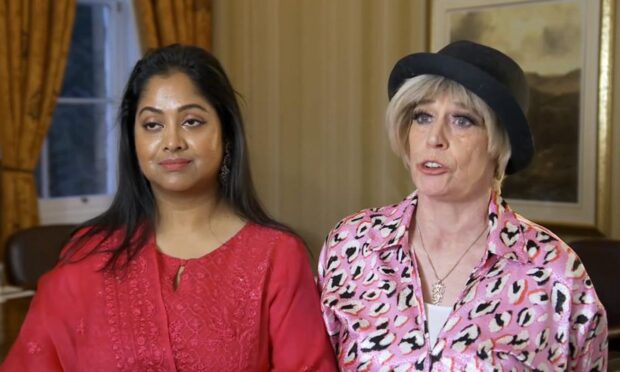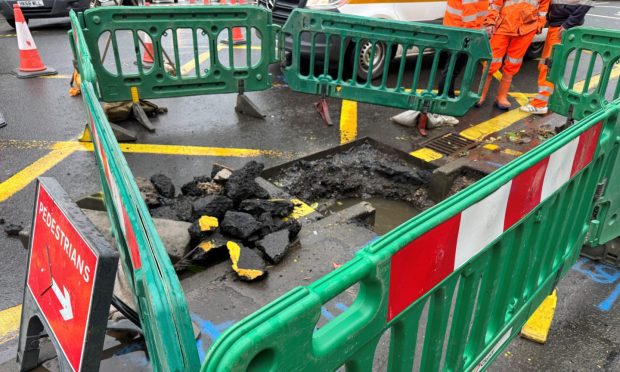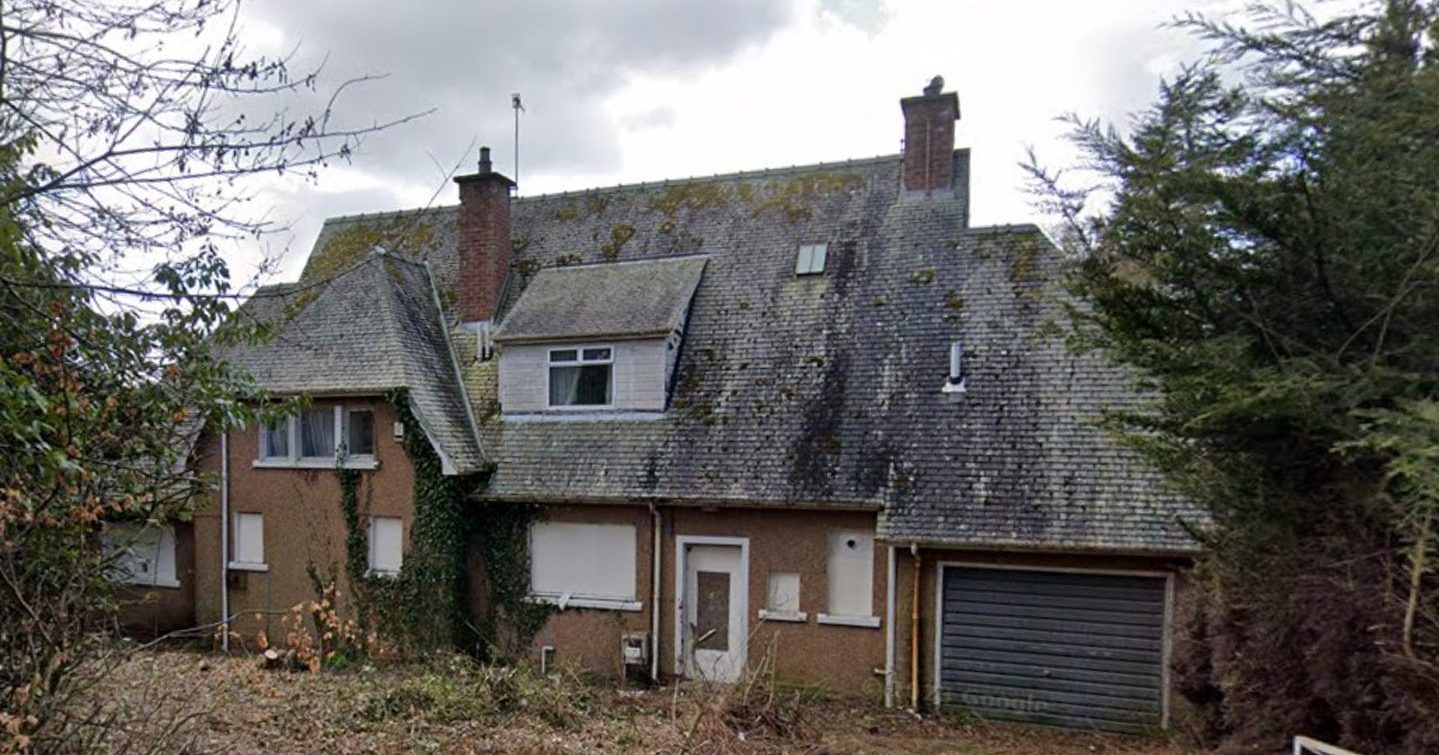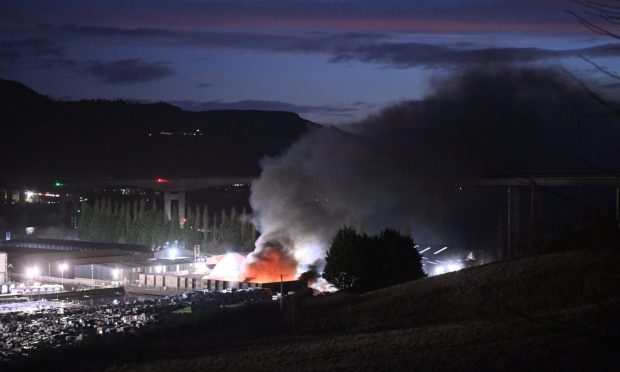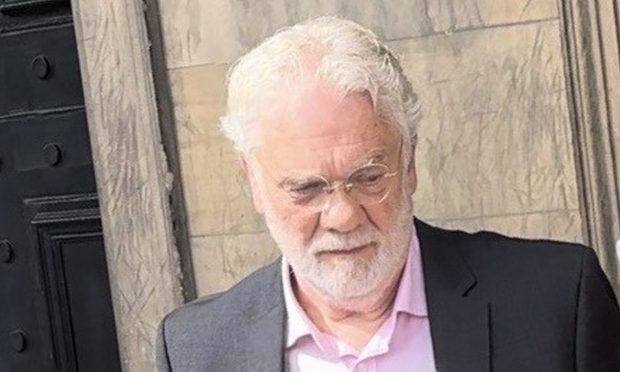A £70 million waste incinerator has been green-lit for rural Perthshire after a decade long wait, creating 230 jobs.
Binn Group was granted permission to build the plant at its Glenfarg base. The company said it would help put it in line with Scottish Government plans to ban landfill from 2025.
Stuart Fraser, head of compliance and project manager at Binn, believes the energy-from-waste incinerator is the “only viable” alternative to landfill at present.
He told councillors at a planning and development committee meeting on Tuesday the investment would be a “shot in the arm” for the economy after Covid-19.
“It (will) help secure our future as a waste management and recovery business through the changes that are coming for the industry in the next few years,” he said.
“I’m sure we all embrace recycling and waste avoidance as investment in ours and our children’s futures – however we also all know that we have unavoidable residual waste that has to go for disposal.
“The need for a treatment option for this residual waste is becoming critical for our business and for other waste producers within Perth and Kinross due to the forthcoming Scottish Government ban on the landfilling of degradable waste which comes in in 2025.”
The incinerator, which could cost up to £80 million, will increase the plant’s capacity for waste treatment by more than 40% from 60,000 tonnes to 84,500 tonnes each year.
Binn uses around 40,000 tonnes per year. The company says the added capacity will benefit other organisations, including the local authority, which could bring in around 40,000 tonnes in the same timeframe.
The multi-million-pound treatment plant will create 200 construction jobs and 30 long term jobs.
Binn says it will take its impact on the local economy to around £4.5 million a year.
Allan MacGregor, chief executive of the group, said: “After a difficult year for everyone in business this is great news for the Binn Group.
“This facility will create much needed employment opportunities in the short term and helps secure future growth.
“It also provides a strong basis for the Binn Eco Park to accelerate its post Covid next generation Agri Farm, renewable energy and circular economy businesses as we gear up to tackle climate change over the coming years.”
That outcome is in contrast to the original bid, first mooted more than a decade ago, which prompted demonstrations from residents and environmental groups, as well as 250 objections and a petition signed by nearly 500 people.
